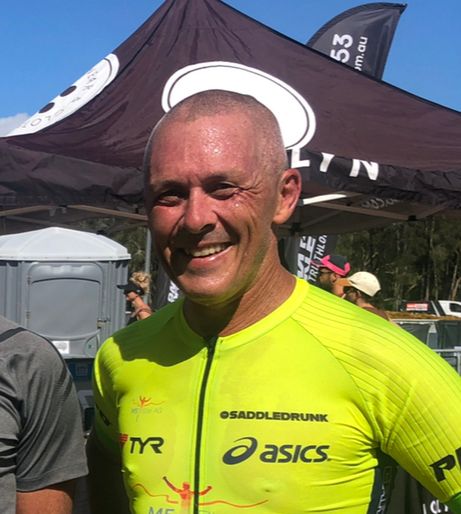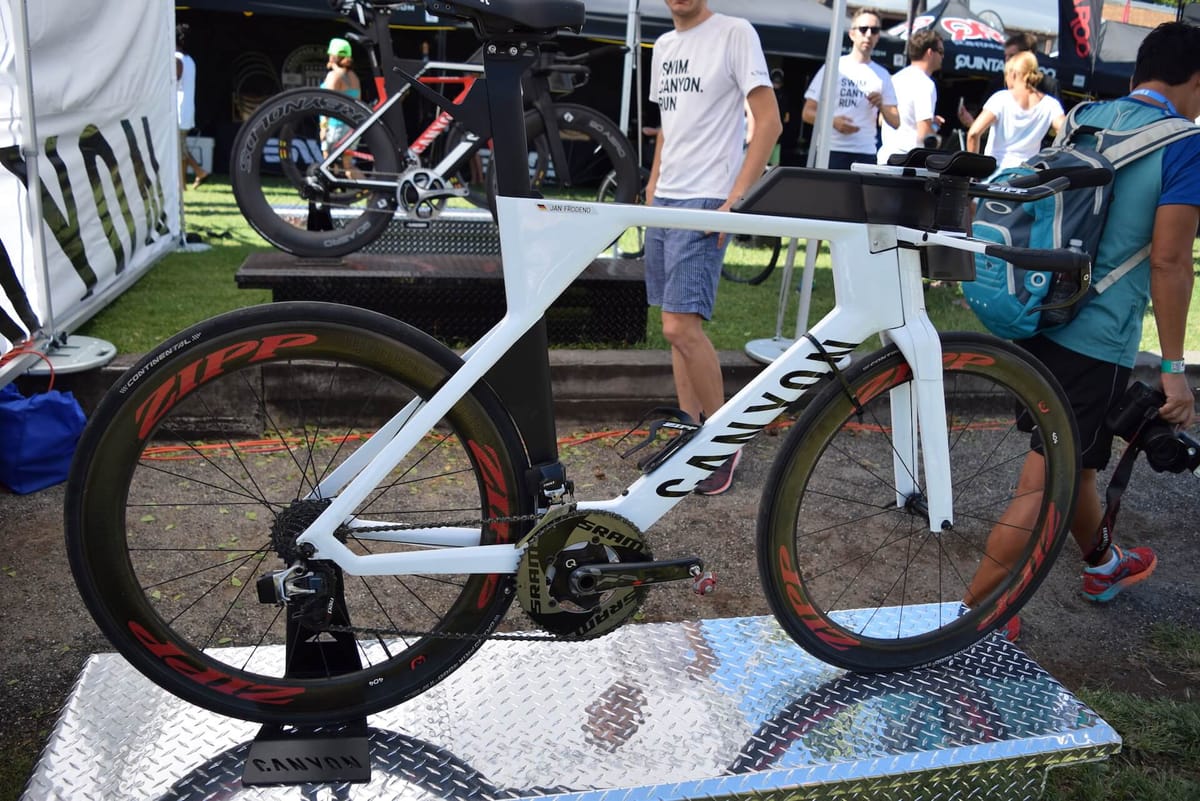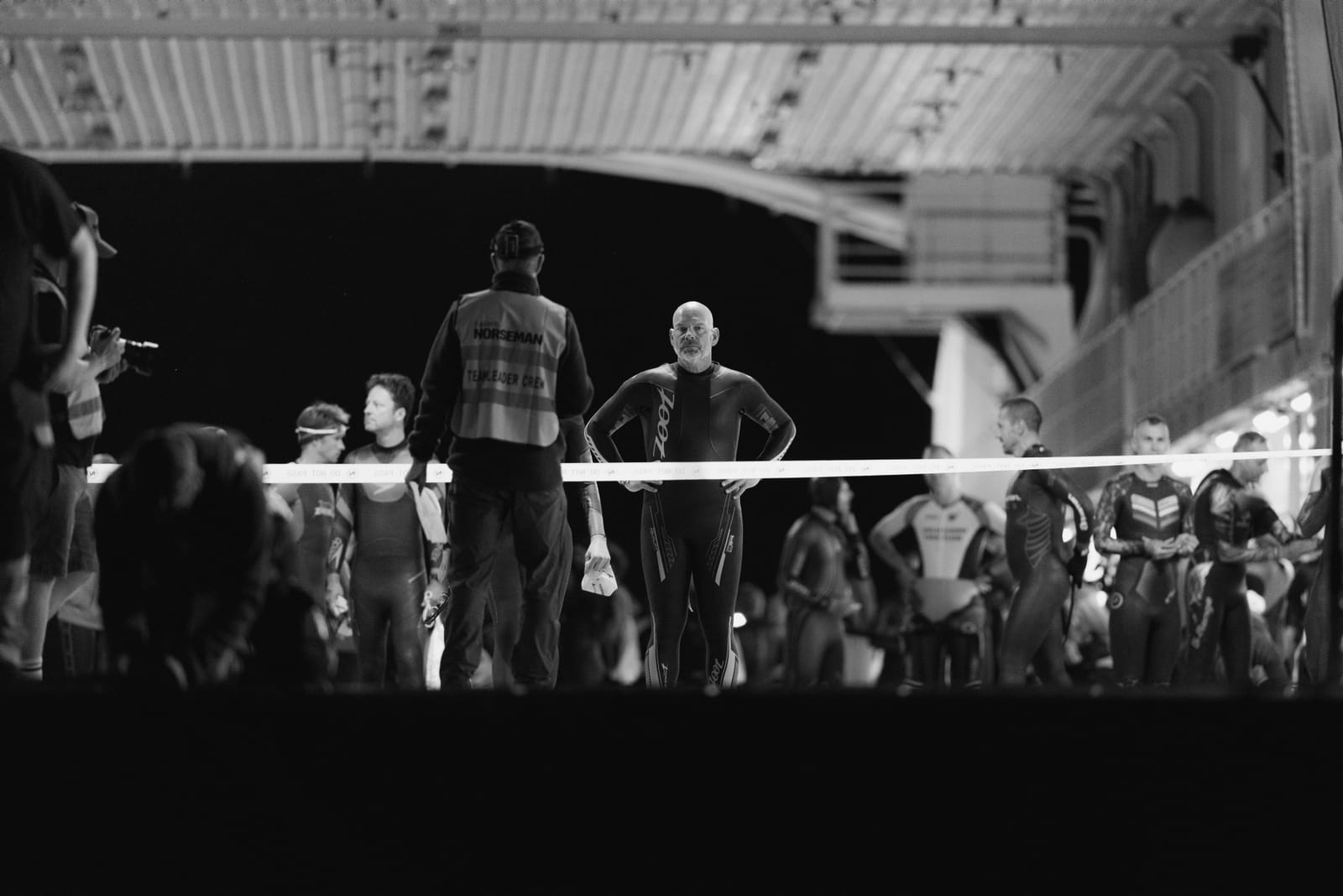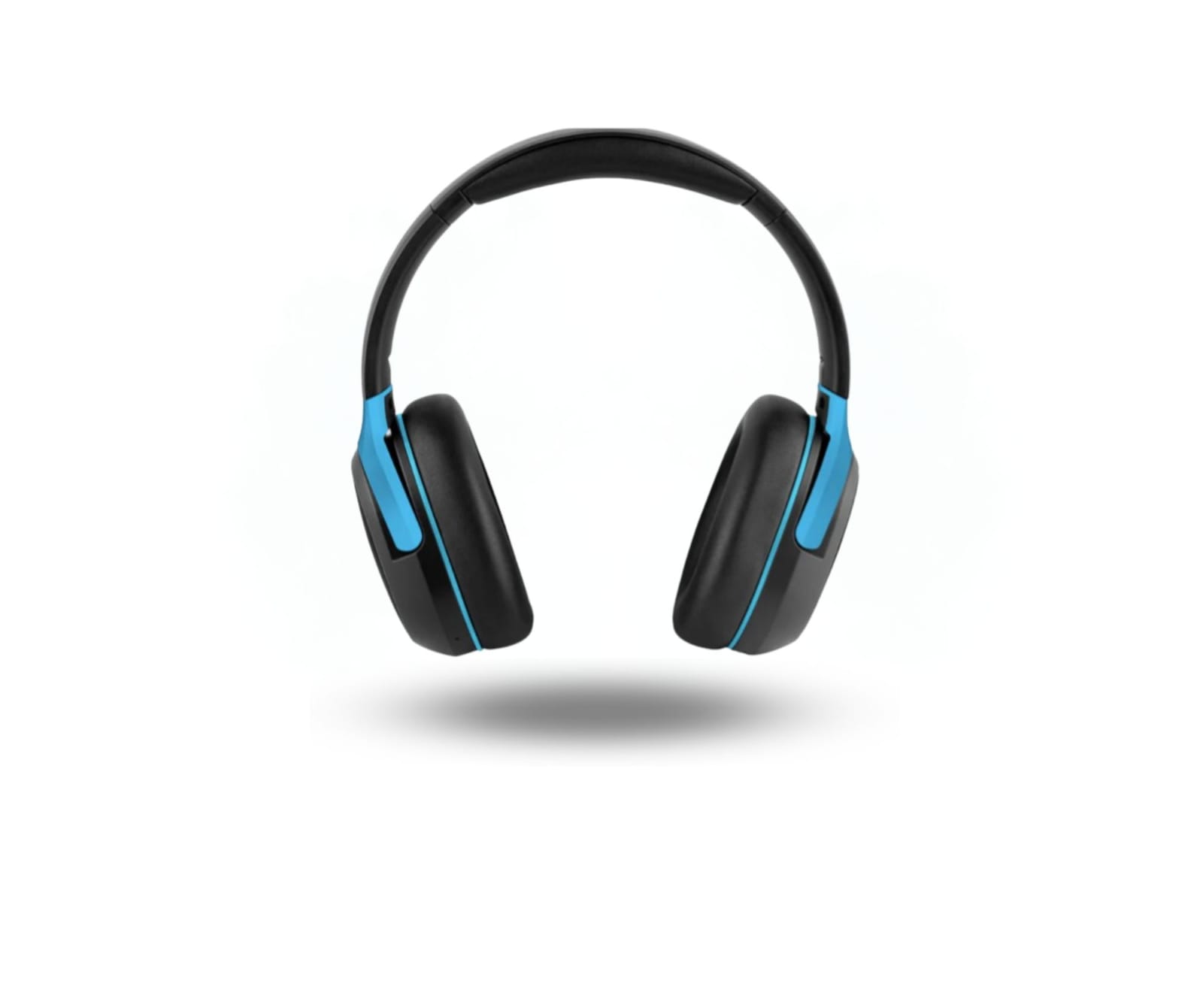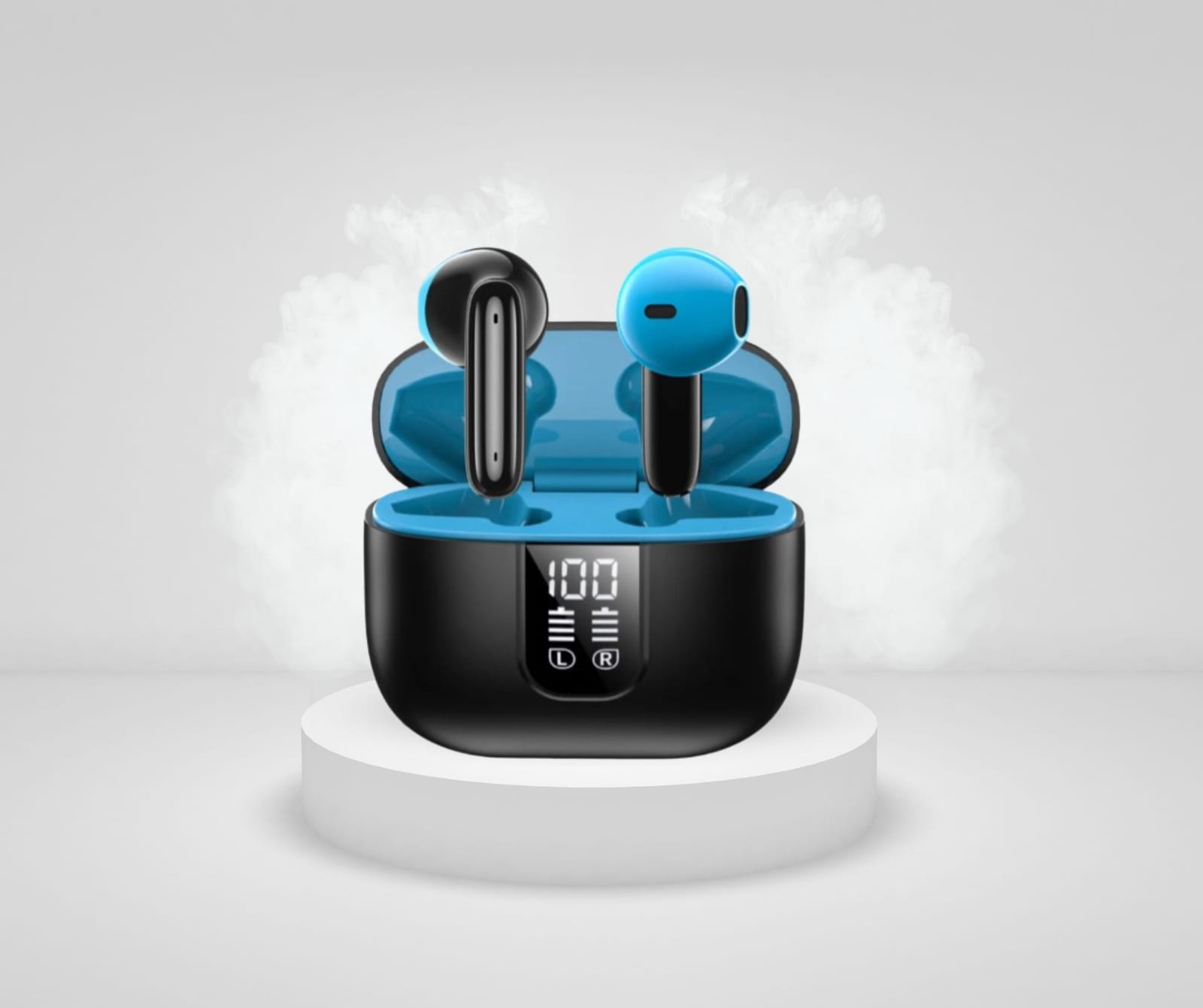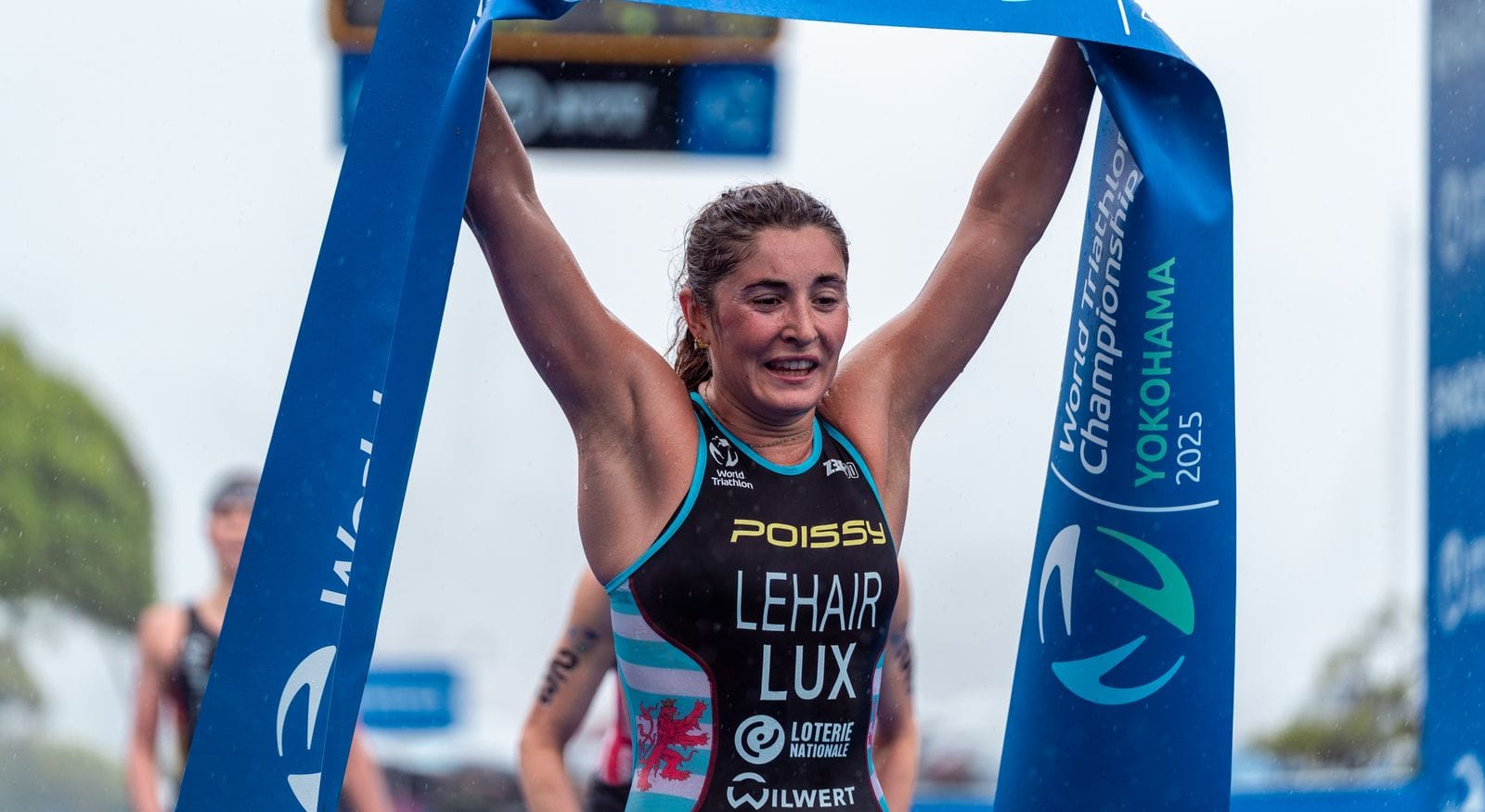By Julia Russell
Triathlon is an extremely demanding sport. Having just returned from the French training base of the Australian Triathlon team where I worked as the team physiotherapist and massage therapist I have witnessed first hand the volume and intensity of work that is required to be competitive at the top level. Even for those of us not competing at the elite level I am always amazed at the amount of work people manage to fit in around their professional and family lives.
Being competitive in triathlon requires individuals to do the time on the bike, in the water and out on the running track. This means repetition “and lots of it “and this can lead to such things as muscle fatigue, soreness and tightness to name a few but it is how you manage your recovery as an athlete that will prevent these symptoms of high volume training progressing to either acute injuries such as muscle strains or chronic injuries such as a tendonitis. If your training regime consists of training and recovery components, for most amateur athletes if one of those has to be neglected due to a lack of time in almost every case it will be the recovery that is sacrificed. This is understandable if sacrificing training means an individual will not be competitive but neglecting recovery may also reduce performance and increase the risk of injury.
Recovery has numerous components such as warming down after training, stretching, massage and proper nutrition but massage is unique in this group in that you cannot do it by yourself! Following are a few ways in which massage helps you to continue your training load by;
- Getting fresh blood to tired muscles
- Flushing out training by-products
- Reducing the sense of heaviness or thickness in the muscles
- Helping to alleviate muscle soreness
It also helps to prevent injuries through a number of means. It;
- Releases tight muscles
- Reduces stiffness
- Breaks down scar tissue from old injuries
- Increases range of motion.
I generally see two types of athletes in my practice. Those who have acquired a niggle or an injury in their training and need to get ready for an impending competition and those who get regular massage as part of their training regime. More often than not those who came in with a niggle or injury start to feel the benefit after a few sessions and move into the group who get regular maintenance massage.
Julia Russell is a physiotherapist with 12 years experience. Julia established Julia Russell Massage (JRM) in 2001 to cater to individual athletes and professional sports teams. Julia and her team look after most NRL, Super 15 rugby and Sheffield Shield Cricket teams as well as State of Origin and numerous other representative teams from Australia and Overseas. Julia is based in Bondi Sydney and has therapists trained by herself throughout Australia. Julia can be contacted for appointments with her and her therapists either at one of their many locations or they can come to you 7 days a week. Her website is www.juliarussellmassage.com.au and contact number is 0419 129 483.


